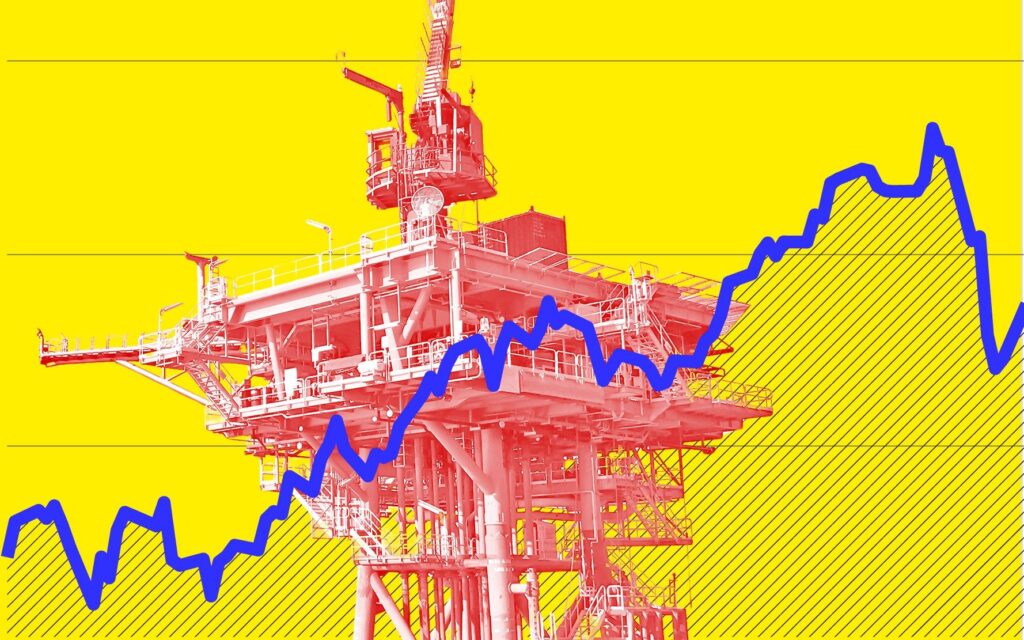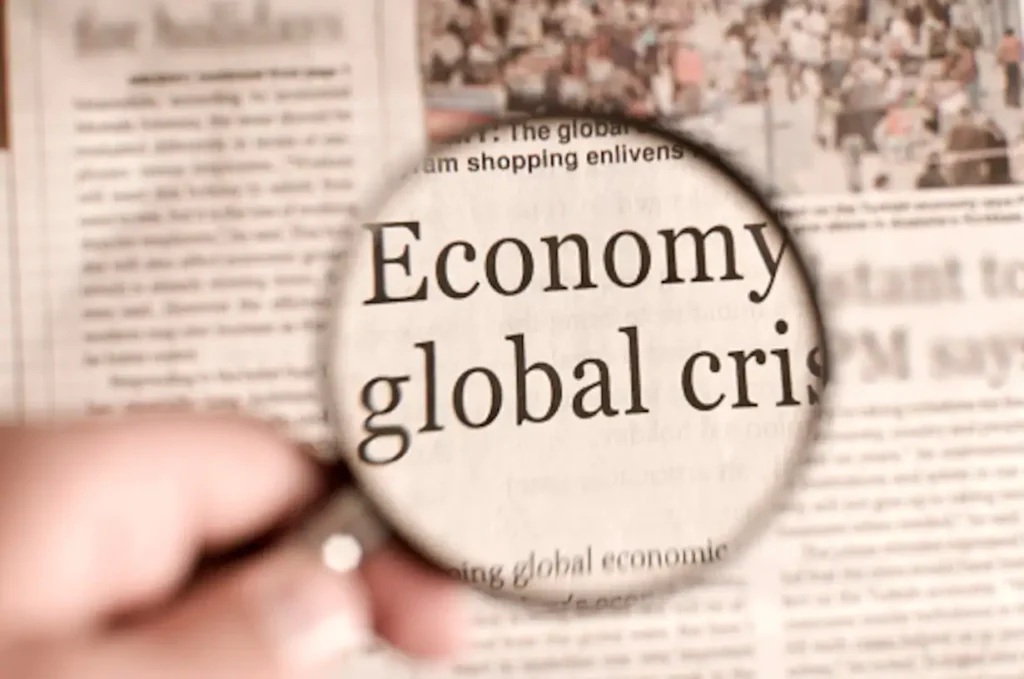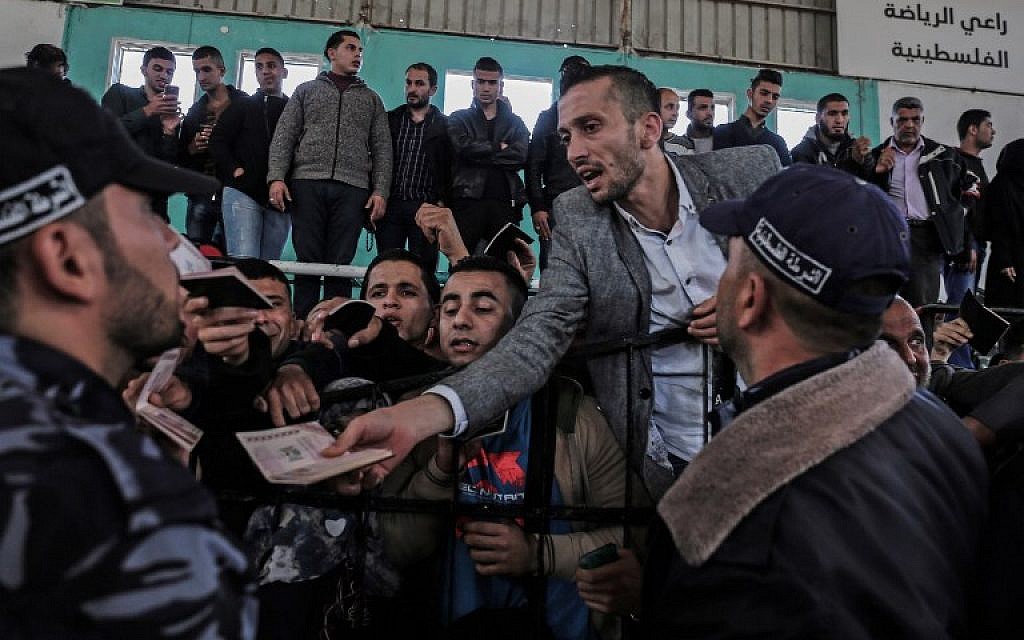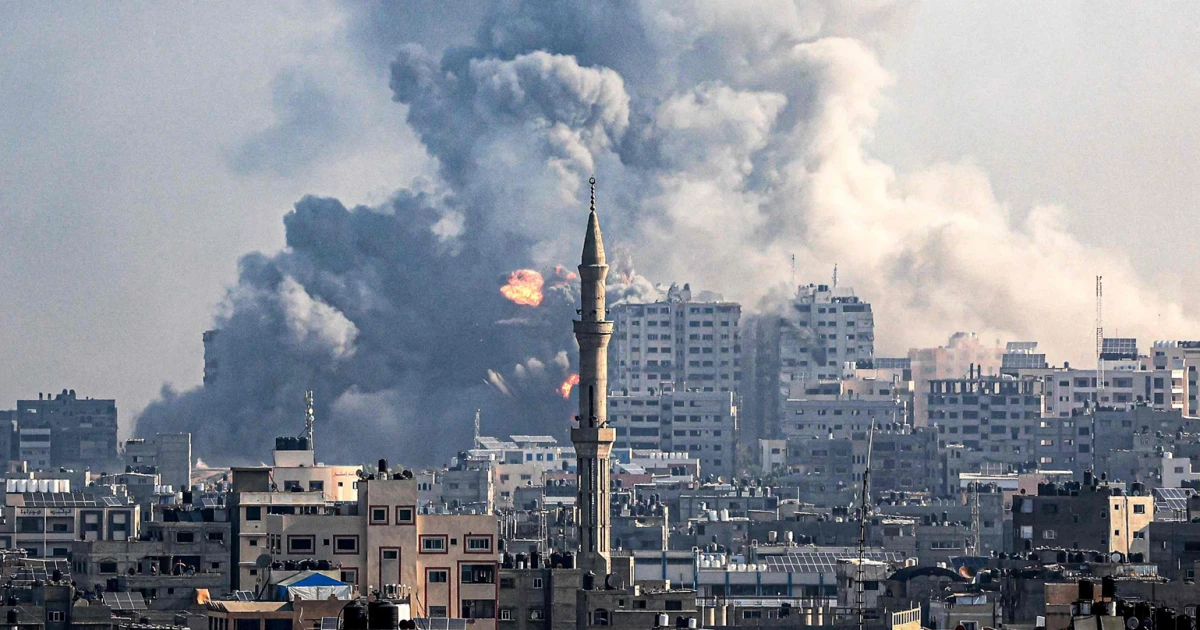The current conflict in the Gaza Strip is endangering global stability, every second it continues.
On October 7th, 2023, the day of the Jewish Shemini Atzeret, Hamas an Islamic terrorist group, attacked Israel when its citizens were rejoicing on holiday.
The attack named Operation Al-Aqsa Flood started with the launching of 3,000 missiles by Hamas into Israel. Later they infiltrated into Israeli territory near the Re’im secular kibbutz where the Supernova Music Festival was being celebrated.
In a barbaric manner they started slaughtering men, women and children killing 1400 Israelis and taking scores of hostages. In retaliation, Israel launched a full-blown operation to wipe out Hamas and almost 2750 Gazans were killed including terrorists and civilians.
To show solidarity with Hamas, Hezbollah terror organisation attacked Israeli targets at Shebaa farms. These unprecedented attacks have pushed the region on the edge of global crisis.
A Possible Oil Crisis

The discovery of oil in the early 20th century has transformed the economy and politics of the middle east region. The Middle East accounted for 32% of global oil production and 48% of global oil exports in 2020.
However, it also exposes them to various challenges and risks, such as price volatility, environmental degradation, social unrest, corruption, sanctions, sabotage, terrorism, and war, so the trade of oil in the Middle East is done in a delicate manner that involves multiple actors and factors.
- The Strait of Hormuz which connects the Persian Gulf with the Arabian Sea handles about 21% of global oil trade. However, it is also a flashpoint for regional tensions, as it lies between Iran and Oman, both of which claim territorial rights over it.
- The Suez Canal is another vital waterway that connects the Mediterranean Sea with the Red Sea and handles about 9% of global oil trade. It is too vulnerable to security threats, accidents and blockages. The 2014 highjack of this canal by the ISIS outfit is a stark reminder of this reality.
- The pipelines, which are another mode of transporting oil across the region connect different oil-producing and consuming countries and are also subject to attacks, and sabotage. For example, in 2014, ISIS militants seized control of parts of the Iraq-Turkey pipeline and disrupted its operations.
The war between Israel and Hamas could have serious implications for the oil trade if it escalates into a wider regional conflict.
- If Turkey or Qatar (both of which have close ties with Hamas) intervene, they could face sanctions or isolation from other regional powers (such as Saudi Arabia or UAE) or their oil customers (such as Europe).
- If Egypt or Jordan join the war on Israel’s side, they could face destabilization of their governments or civil unrest that could affect their oil transit routes (such as the Suez Canal or the Arab Gas Pipeline).
- Hezbollah has attacked Israel, joining the war on Hamas’ side. Though this hasn’t escalated, there is a possibility that this could trigger massive retaliation from Israel, leading to a full-scale war that could disrupt oil production and exports in the region.
The Economic Implication

A spike in oil prices would increase the cost of production and transportation for many industries and sectors, such as manufacturing, agriculture, aviation, tourism, pushing most of the world into an energy crisis. This would reduce output, income, and consumption and lower economic growth.
Thus, it results in inflation, which would erode the purchasing power of consumers and businesses and increase the cost of living in both the energy producing and consuming countries.
In an already tattered state, due to the Russia-Ukraine conflict, this conflict poses the threat of complete collapse of the global energy supply chain.
Consequently, this will result in increase of the budget deficits and debt levels of oil-importing countries and reduce reserves of oil-exporting countries. This would increase volatility and uncertainty and reduce liquidity and confidence affecting asset prices, exchange rates, interest rates, and credit conditions thus increasing risk of financial meltdown.
Ultimately it would give rise to social unrest and political instability that would increase violence and insecurity and reduce governance and cooperation all over the world.
War-torn Migration Crisis

The Israeli military operations in Gaza, have intensified since October 9 and announced a total blockade of the territory, including the stoppage of fuel and gas deliveries. Since then, Israel has launched hundreds of airstrikes and artillery shelling on Gaza, targeting Hamas militants and infrastructure, but also causing widespread death and destruction among civilians and their properties.
The Gazans have few options to escape the violence and seek refuge elsewhere.
The only viable way out of Gaza is through the Rafah border crossing with Egypt. However, Egypt is completely against allowing migrants into its territory, citing political and security reasons. Apart from Egypt, other Arab nations also prevented the Gazans from entering their territory.
In the long term, there is a strong possibility of Western nations also doing the same when it comes to Arab immigrants as they receive almost 2 million refugees every year. The influx of migrants and refugees in countries like the USA, the UK, France, Australia, Sweden and other European nations, has posed various challenges for countries in terms of border management, security, humanitarian response and social cohesion. An increase in organised crime and ethnic domination makes them hesitant to give shelter to the Arab refugees.
Possibility of Full Blown Global War
Considering the volatile history of the Middle East, there is a real possibility that this conflict could spread to other parts of this region and make it a global war shortly if not contained. Apart from that, Israel also holds a strategic geographical position, as the joining point of trade between East and West, which makes it more susceptible to the direct involvement of the West in this armed conflict. Unlike the Russia-Ukraine crisis, it falls directly under the interest of the Eastern nations and global South. Thus the possibility of this escalating into a full blown global war, with the involvement of the world’s most powerful, doesn’t seem to fall under the realm of speculation but more of reality.

